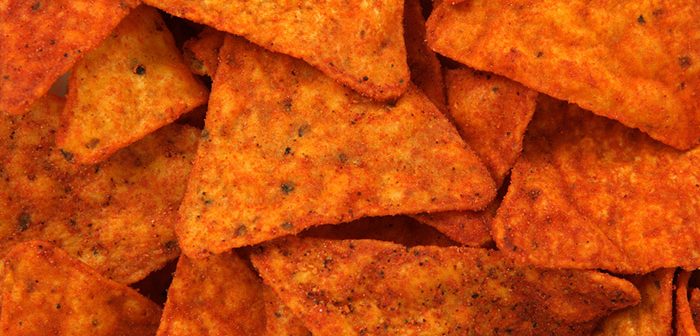The United States has seen a growing trend in recent years – banning unhealthy snacks from school canteens. This policy aims to combat childhood obesity, a significant public health concern. As India grapples with its own rising rates of childhood obesity, the question arises: Should India follow the US and ban unhealthy snacks like Cheetos and Doritos from schools?
The US Example: Combating Childhood Obesity
Childhood obesity is a serious issue in the US. According to the Centers for Disease Control and Prevention (CDC), over 14.4 million children and adolescents in the US (ages 8-17) struggle with obesity [Centers for Disease Control and Prevention, “Childhood Obesity”]. This translates to nearly one in six children. Obesity in childhood increases the risk of various health problems later in life, including type 2 diabetes, heart disease, and stroke.
To address this concern, many schools in the US have implemented stricter guidelines for food sold on campus. These guidelines often restrict sugary drinks, processed snacks high in unhealthy fats and sodium, and fried foods. Popular snack brands like Cheetos and Doritos frequently fall under these restrictions due to their high saturated fat and sodium content.
India’s Growing Obesity Problem
While the US has a significant childhood obesity issue, India is not immune to the problem. According to a 2020 study published in the journal “Lancet Global Health,” the prevalence of childhood obesity in India has nearly tripled between 1975 and 2016 [Lancet Global Health, “Global, regional, and national prevalence of overweight and obesity in children and adolescents of 185 countries, 1975–2016: a systematic analysis of population-based survey data”]. This rapid increase is a cause for concern, with potential long-term health implications for future generations.
Arguments for Banning Unhealthy Snacks in Schools
Proponents of banning unhealthy snacks in schools in India argue that such a policy could have several benefits:
- Improved Childhood Health: Limiting access to sugary and fatty snacks could contribute to a healthier overall diet for students. This could lead to lower obesity rates and a reduced risk of chronic diseases later in life.
- Promoting Healthy Habits: Schools play a crucial role in shaping children’s habits. By restricting unhealthy snacks, schools can send a strong message about the importance of healthy eating.
- Creating a Level Playing Field: Not all children have access to healthy food options outside of school. Banning unhealthy snacks ensures all students have access to healthier choices throughout the school day.
Potential Challenges and Considerations
While the potential benefits of banning unhealthy snacks are significant, there are also challenges to consider:
- Implementation: Implementing and enforcing such a ban could be complex, requiring clear guidelines and cooperation from schools, food vendors, and parents.
- Availability of Healthy Alternatives: The success of such a ban hinges on the availability of affordable and appealing healthy alternatives within schools.
- Parental Choice: Some parents might argue that they, not the government or schools, should decide what their children eat.
Looking Ahead: A Multi-Pronged Approach
The issue of childhood obesity is complex and requires a multi-pronged approach. While banning unhealthy snacks might be a part of the solution, it’s not a silver bullet. Here are some additional strategies India could consider:
- Nutrition Education: Implementing age-appropriate nutrition education programs in schools can empower children to make informed dietary choices.
- Physical Activity: Encouraging physical activity through dedicated PE classes and promoting active lifestyles can help manage weight and improve overall health.
- Parental Involvement: Educating and empowering parents to make healthy food choices for their children is crucial for lasting change.
Conclusion
The rise of childhood obesity in India necessitates exploring all possible solutions. The US experience with banning unhealthy snacks in schools offers valuable insights. However, India needs to carefully consider its own context and adapt any policy to its specific needs and challenges. By focusing on education, promoting healthy habits, and ensuring access to affordable and appealing healthy options, India can create a more conducive environment for children to lead healthy lives.





